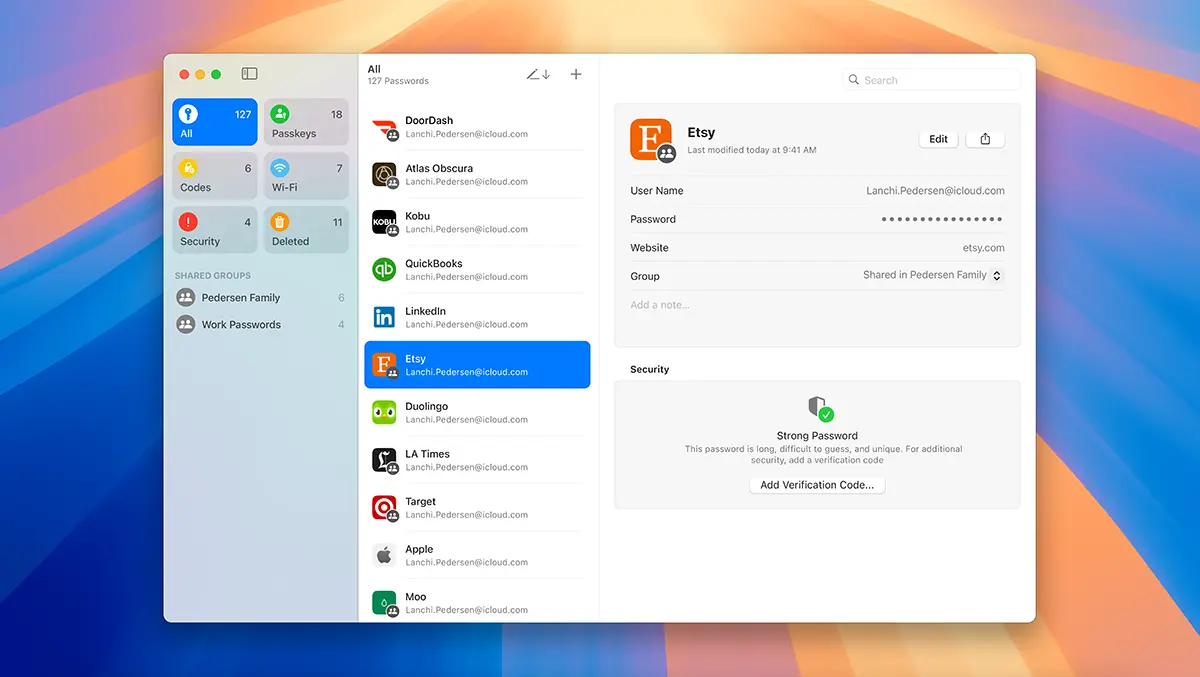
Apple unveils major privacy updates with Private Cloud Compute
Apple has announced a series of updates aimed at enhancing user privacy across its platforms. The latest developments include the introduction of Private Cloud Compute, which extends the robust privacy protections of the iPhone to Apple's cloud services. This new feature allows Apple Intelligence to process complex user requests while maintaining stringent privacy standards.
Craig Federighi, Apple's Senior Vice President of Software Engineering, described Private Cloud Compute as a revolutionary leap in cloud AI security. "We've extended iPhone's industry-leading security to the cloud, with what we believe is the most advanced security architecture ever deployed for cloud AI at scale," he said. The new system processes user data solely for the intended task and does not store or make the data accessible, not even to Apple. Independent experts will have the ability to verify these protections, ensuring users can trust their privacy is maintained.
Apple Intelligence, another focal point of Apple's update, integrates powerful generative models into the core of devices like the iPhone, iPad, and Mac. On-device processing remains a cornerstone of Apple Intelligence, allowing personal data to remain private. When larger computational models are needed, Private Cloud Compute steps in, using highly secure Apple silicon servers to handle the requests without compromising privacy.
Apple has also introduced features such as locked and hidden apps to help users safeguard sensitive information. These features enable users to lock apps with Face ID, Touch ID, or a passcode, and to hide them in a secure folder, ensuring that no one else can access them inadvertently.
"We relentlessly deliver on our commitment to give users the strongest and most innovative privacy protections," said Erik Neuenschwander, Apple's Director of User Privacy. The ability to lock and hide apps exemplifies Apple's dedication to user privacy, allowing individuals to control their information even when sharing devices with others.
Apple continues to refine how it handles user permissions. The updated Contacts permission in iOS 18 now allows users to select specific contacts to share with an app rather than granting access to the entire contact list. Additionally, the new Accessory Setup Kit provides a secure way to pair devices without exposing other devices on the network.
Other notable updates include the Passwords app, built upon the foundation of Keychain. The app offers users an organised way to access account passwords, passkeys, Wi-Fi passwords, and two-factor authentication codes. It also alerts users to common password weaknesses, such as re-used passwords or those found in known data leaks.
Apple's updated operating systems, iOS 18, iPadOS 18, and macOS Sequoia, bring further privacy-focused enhancements. Mail categorisation now occurs entirely on a user's iPhone, sorting messages into Primary, Promotions, Transactions, and Updates. Messages via satellite enable users to communicate through iMessage and SMS without cellular or Wi-Fi connectivity, maintaining end-to-end encryption for iMessage. The Presenter Preview feature in macOS Sequoia ensures users control what they share in video conferences or during screen-sharing sessions.
These updates are part of Apple's continued effort to integrate privacy and security into its software and services, providing users with the tools they need to control and protect their personal information. As the tech giant moves forward, it maintains its reputation for leading the industry in user privacy and security.


